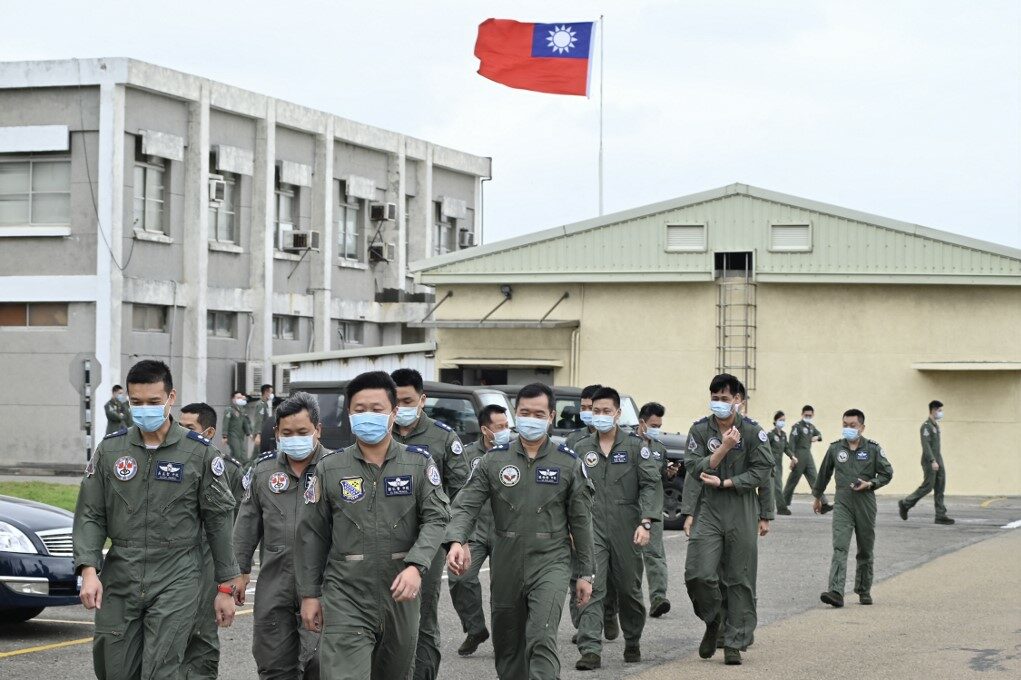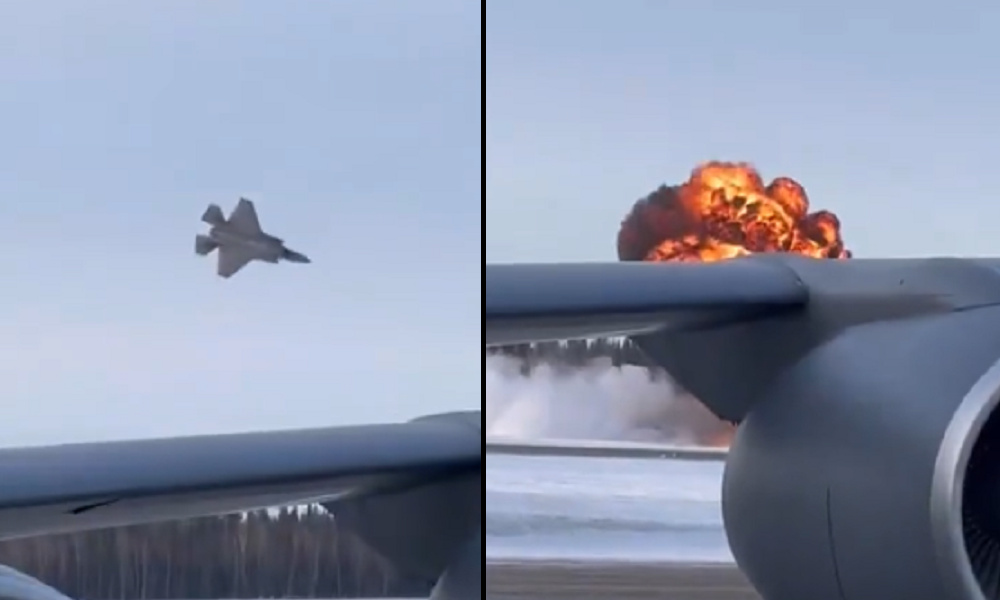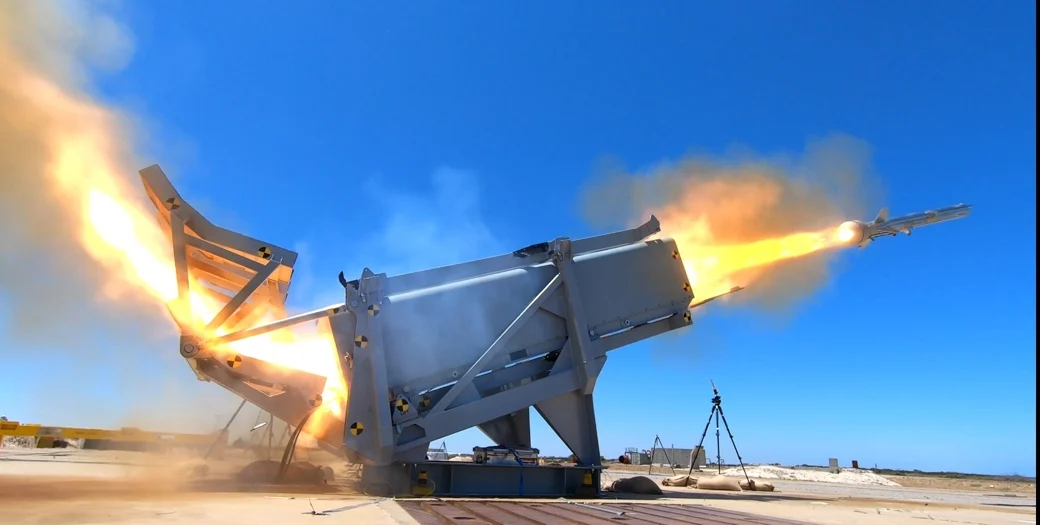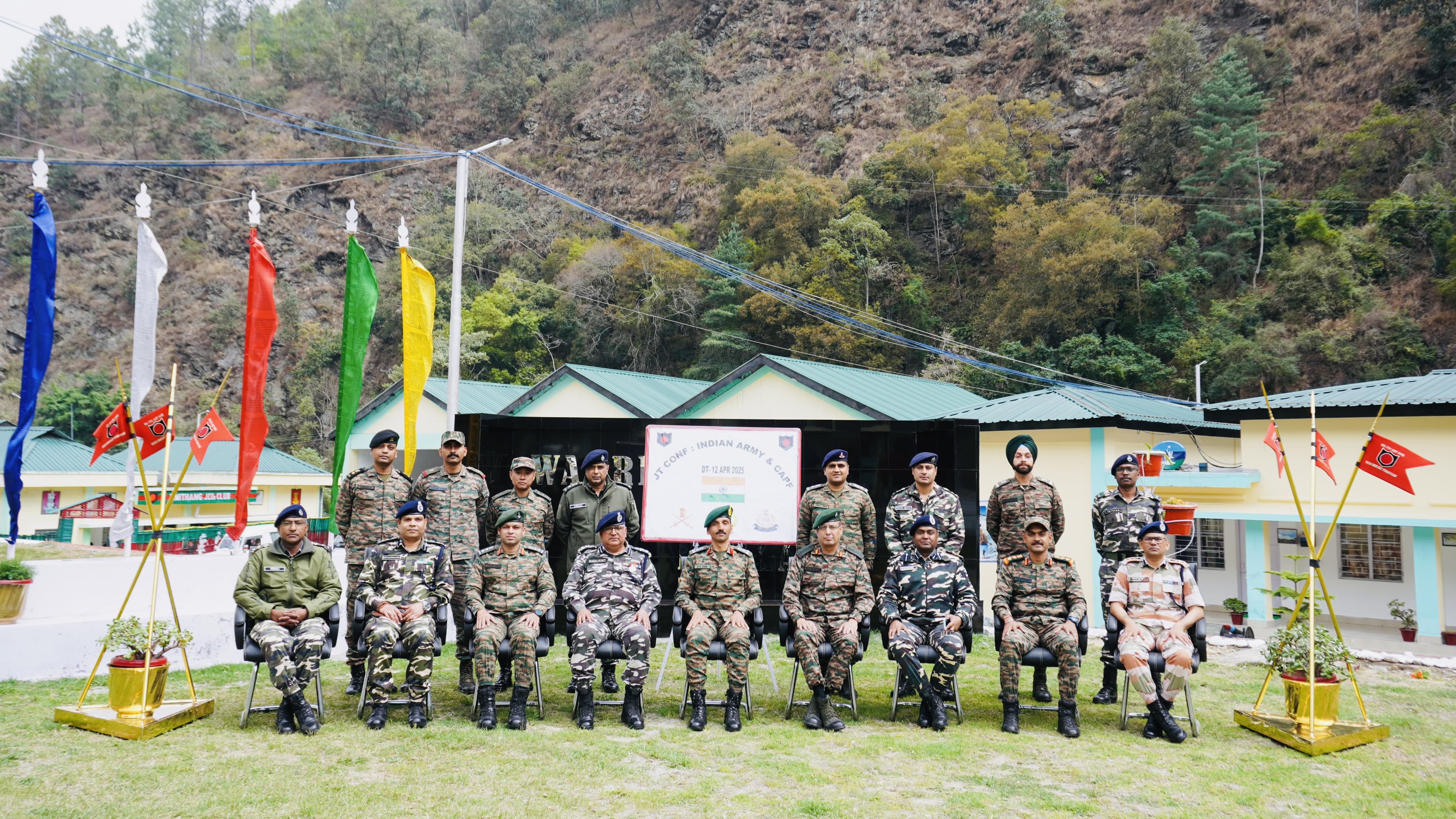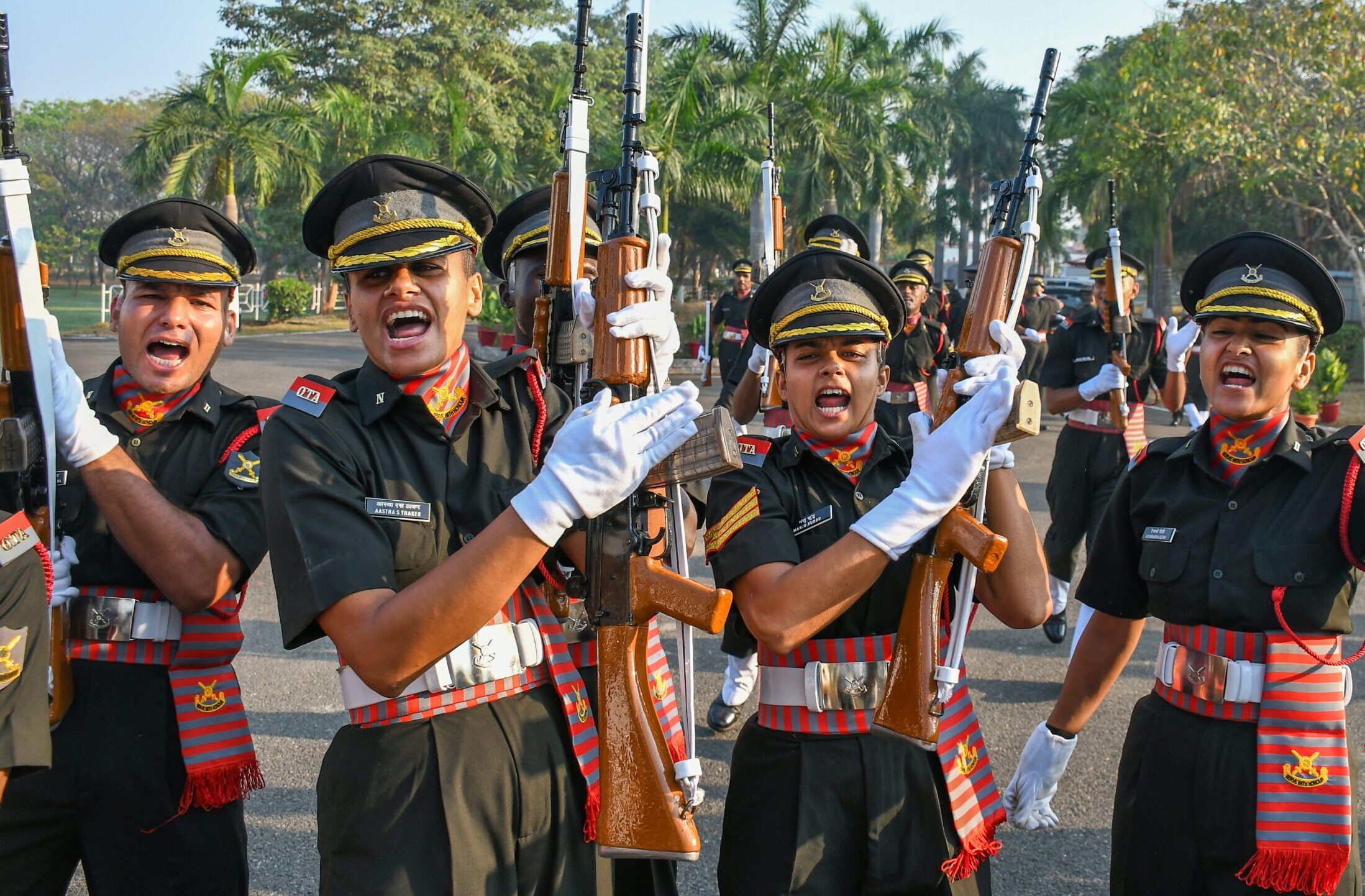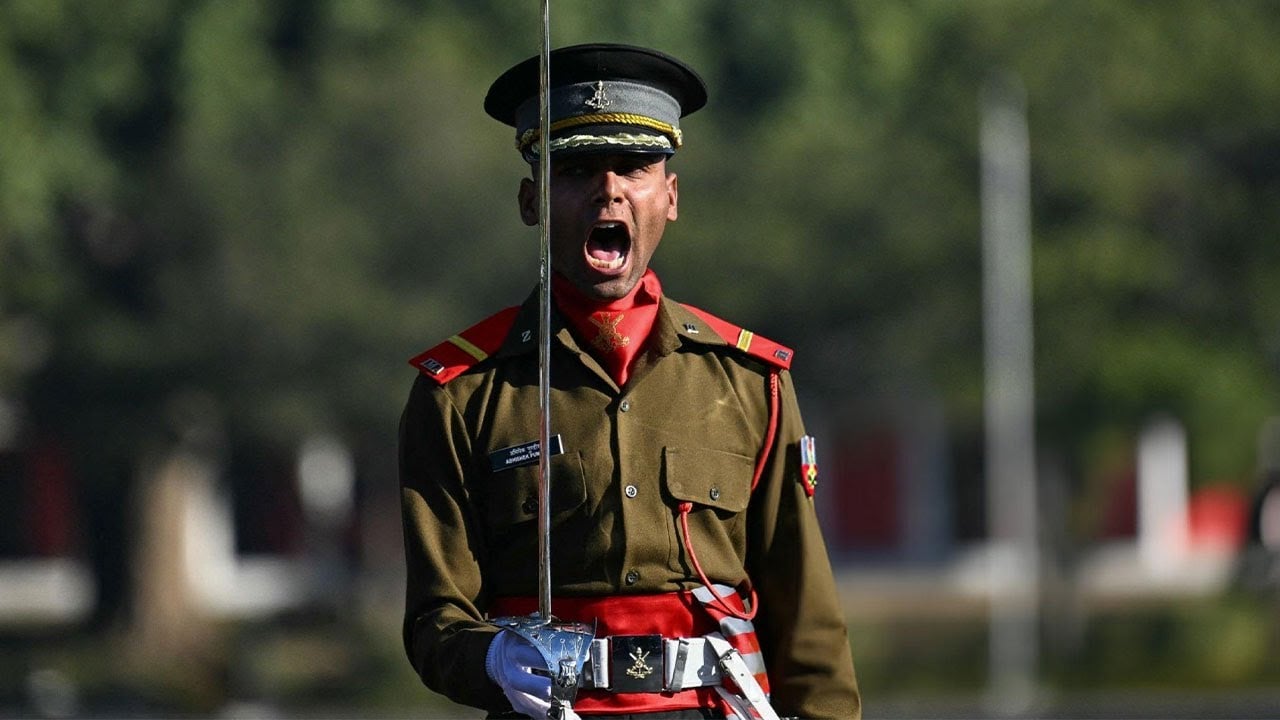Four Taiwanese soldiers have been charged with leaking confidential military information to China, a serious breach that has raised alarms amid ongoing tensions between Taiwan and the Chinese government. Among the accused are three soldiers from a specialized military unit tasked with the security of the Presidential Office, while the fourth is a member of the Ministry of National Defense’s information and telecommunications command. The charges were announced by the Taipei district prosecutors office and the president’s office on Friday.
This incident is part of a broader pattern of espionage cases in Taiwan, reflecting the intensifying military and political pressure exerted by China on the self-governing island. Since 1949, Taiwan and China have been operating as separate entities, but Beijing has continually asserted its claim over Taiwan and has pledged to unify the island with the mainland, by force if necessary.
According to officials, the soldiers allegedly used their mobile phones to take photographs of classified military information, which was then transmitted to agents acting on behalf of China. The accusations led to a public condemnation from presidential spokesman Wen Lii, who emphasized the severity of the offense by stating that any treasonous actions threaten both the people and the nation. Lii called for solidarity among both military personnel and civilians to safeguard Taiwan’s hard-fought democracy and freedoms.
Details regarding the financial compensation that the soldiers allegedly received for their actions have also emerged, with payments reportedly ranging from approximately NT$260,000 to NT$660,000 (around $8,000 to $20,000). The scale of payment varied based on the sensitivity of the military information that was leaked, although specific details concerning the nature of the information remain undisclosed.
The intelligence breaches reportedly occurred over a two-year period from 2022 through 2024. Three of the soldiers had already been discharged from military service prior to the investigation, which was initiated following a tip-off received by the defense ministry in August. The fourth soldier was suspended from duties in the same month. Following the investigation, all four soldiers have been detained and charged with corruption as well as violations of national security law, facing potential sentences of up to seven years in prison if found guilty.
In a further layers to the ongoing espionage concerns, Taiwan’s defense ministry characterized the actions of the four soldiers as not just treasonous, but also as part of a larger infiltration campaign orchestrated by the Chinese Communist Party. The ministry reaffirmed its commitment to counteracting espionage efforts, emphasizing the importance of counter-intelligence education within the military to prevent similar incidents in the future.
This latest case follows a series of other espionage-related convictions, including a notable sentencing in September, where a former air force instructor received 17 years in prison for aiding China by disclosing military secrets. As Taiwan continues to navigate its turbulent relationship with China, the stakes surrounding national security and espionage remain exceedingly high.

